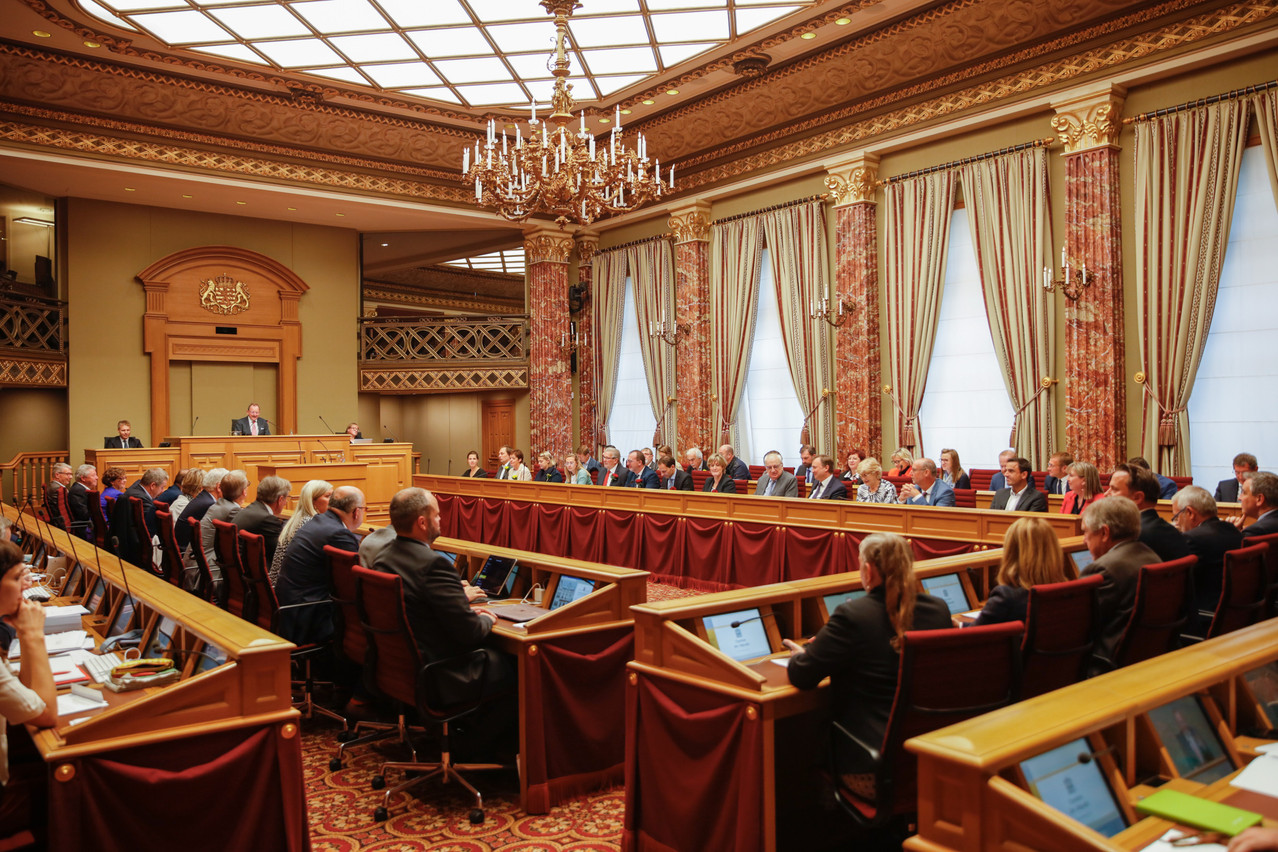The so-called tripartite--a meeting of the government, the UEL business union and the country’s three main labour unions, the OGBL, LCGB and CGFP--at the end of March agreed an to support households and businesses through the energy crisis.
More than two months later, the so-called “tripartite” committee in parliament on Monday should enter the final stretch to adopt changes to one of two draft laws, after a previous document covering all aspects of the package was split in two.
The first part of the law introduces a tax credit for self-employed workers as well as employees and people receiving their pension. This should help boost purchasing power by reducing the tax burden.
A similar measure is being introduced for people who do not receive a salary or pension, for example people living on the so-called social inclusion wage Revis or an income for persons with a disability (RPGH).
Under the law, the state can spend an extra €10m on student financial aid.
The law also introduces a rent freeze until the end of the year. Rent subsidies, however, were after criticism from the Council of State over too many aspects being covered in the draft law resulting in a lack of clarity what applies in which context.
Indexation
Most crucially, the draft law after 1 April 2022 to next year.
Wages in Luxembourg are automatically adjusted for inflation and with prices at record highs, especially for gas and petrol, an index payment should be due in July. Under the agreement, this will be postponed until next year since wages were already adjusted in April.
Initially, the tripartite had agreed that a second indexation payment due in 2023 would be delayed until 2024, but it has now scrapped this plan after fears of bottlenecks for successive postponed indexation payments. Instead of regulating the index until 2024, the tripartite will have to reconvene to discuss what happens with any further salary increases based on inflation.
The OGBL labour union had opposed the tripartite agreement on the grounds that it messes with the indexation system. Under its calculations, the tax credit does not make up for the loss in purchasing power. The signing partners, however, have said the tax credit system would more than replace the benefit from indexation without, however, burdening companies by increasing payroll costs.
The Chamber of Commerce and UEL have both previously called for indexation to be scrapped or for the system to be adapted so that high-income earners are excluded from the wage increase.
Vote this week
Monday’s meeting should pave the way for parliament to adopt the draft law, with the item on the agenda of the plenary session on Wednesday. A simple majority is enough for the measures to come into force and the government parties--the DP, LSAP and déi Gréng--do not rely on support from the opposition to push through the package.
However, further draft laws to support households and businesses are still pending. This includes changes to rent subsidies for low-income households but also two types of aid for companies worth a total of up to €225m.
Under the scheme, companies can apply for up to €50m in support to cover their energy costs, if these account for more than 3% of turnover. This should, for example, help the steel industry but also other energy-intensive businesses, such as industrial bakeries.
A second aid allows companies to apply for up to €400,000 to cover extra costs linked to the increase in the price of diesel.
